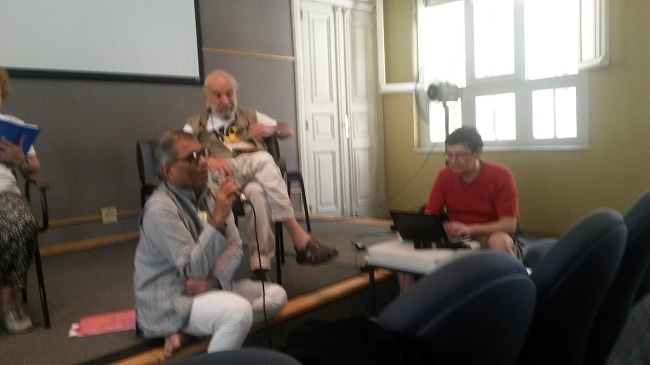Global Gathering to Draw Millions: World Leaders Support Rally of Hope
Saturday, September 26, 2020 8:30 p.m. EDT (5:30 PDT)
The Universal Peace Federation (UPF), an NGO holding general consultative status with the United Nations, will conduct a second Rally of Hope this weekend. It will feature world-class entertainment along with messages of hope from prominent global leaders who will share an optimistic side of the post-Covid-19 recovery. The event will be virtual with the production center in South Korea. Starting at 9:30 a.m. (Korean standard time) on Sunday, Sept. 27th.
Keynote speakers include two current Heads of State from Africa, namely, President Cyril Ramaphosa from the Republic of South Africa and President Evaristo Carvalho from Sao Tome and Principe. From the Asia Pacific region, the current President of the National Assembly of Cambodia, H.E. Samdech Heng Samrin, will be highlighted, as well as former 5-time Speaker of the House from the Philippines, H.E. Jose de Venecia, Jr. Two former US Vice-Presidents and a former European Commission Chairman are among other guests. In addition, Dr. Hak Ja Han Moon, Co-founder of the Universal Peace Federation, affectionately known as the Mother of Peace, will give a short inspirational message.
Music performances will be offered by the renowned Little Angels Folk Ballet of Korea and Kim Myung-gon, a South Korean actor and singer who was also Korea’s Minister of Culture and Tourism.
The first Rally of Hope, held August 9, drew several million online viewers from around the world and featured Cambodian Prime Minister H.E. Samdech Hun Sen, former United Nations Secretary-General Ban Ki-moon, along with former Speaker of the US House of Representatives, Speaker Newt Gingrich, together with other world dignitaries. The September rally will build on the success of the first Rally while focusing on the same central concepts of interdependence, mutual prosperity and universal values.
Media and the public may register to attend the rally live at www.peacelink.live
For more information please contact:
Larry Moffitt lmoffitt@us.upf.org
Universal Peace Federation
3600 New York Ave., NE
Washington, DC 20002
www.upf.org




